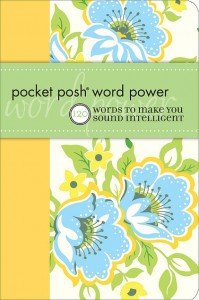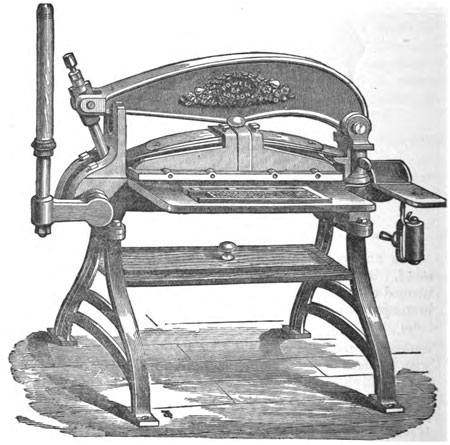
Perhaps you’d like to sound more intelligent, or you have a job interview coming up. Maybe you’re wondering what words should be part of your lexicon, or you’re just looking for some fun words to say. If so, these Pocket Posh® Word Power dictionaries are for you!
Wordnik has partnered with Andrews McMeel Publishing to produce these four pocket-sized dictionaries, available May 31:
- 120 Words to Make You Sound Intelligent
120 Job Interview Words You Should Know
120 Words You Should Know
120 Words That Are Fun to Say
Small in size but big on information, each dictionary includes pronunciations, parts of speech, definitions, usage in a sentence, and etymology information. 120 Words to Make You Sound Intelligent also has an index of Prefixes and Suffixes.
With 120 Words to Make You Sound Intelligent, you’ll adorn your conversations with precise and elegant words such as muliebrity, insouciant, extirpate, and vitiate.
Business jargon can get your foot in the door . . . or get the door slammed in your face. Learn the right ways and contexts in which to use words such as stakeholder, kanban, and throughput to get noticed for the “right” reasons inside 120 Words to Use in a Job Interview.
From absquatulate to zoilist to words found in between (such as hullabaloo, phantasmagorical, and obstreperous), 120 Words That Are Fun to Say offers a list of smile-inducing words that will raise your spirits along with your word power.
Words such as propinquity, armillary, and farrago should be vocabulary staples. Consult 120 Words You Should Know to determine other additions to your lexicon.
Whether for Father’s Day, a recent grad, or that word nerd in your life (or yourself!), the Pocket Posh® Word Power collection is a gift that promises to boost vocabulary prowess. Pre-order your copies today!
Check out our Words of the Day over the next couple of weeks for more samples from all four dictionaries.
 I used to work at the
I used to work at the 



